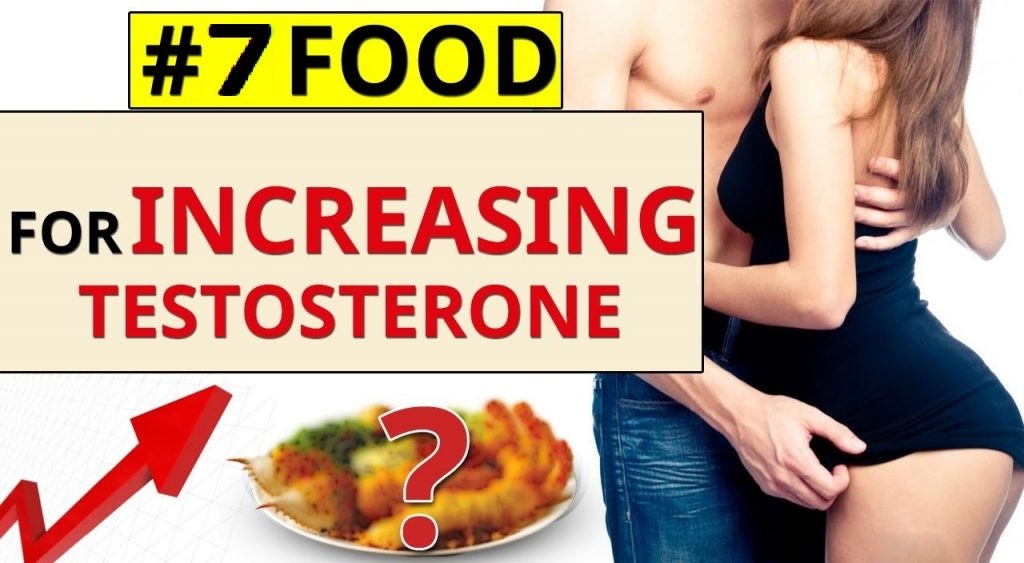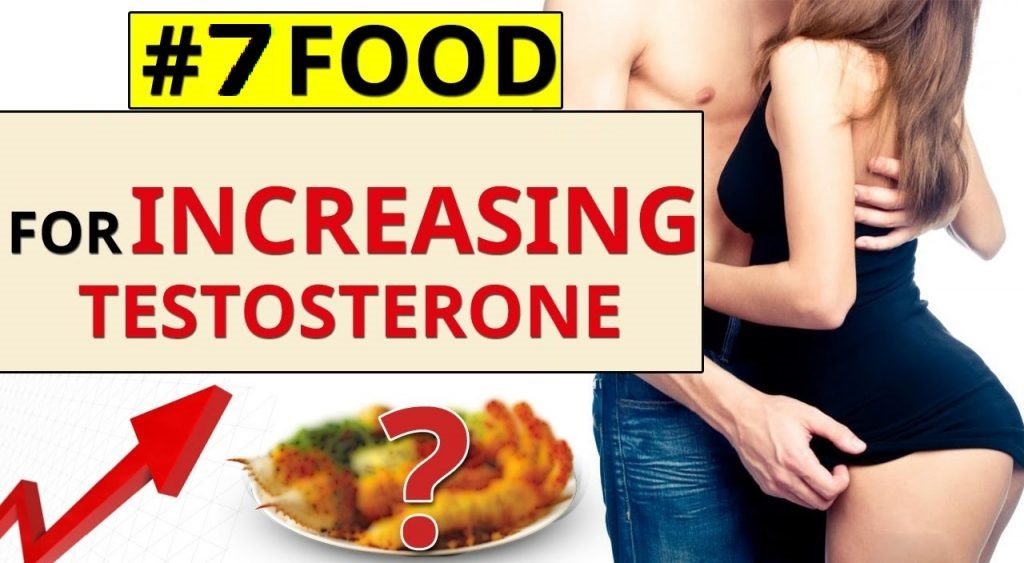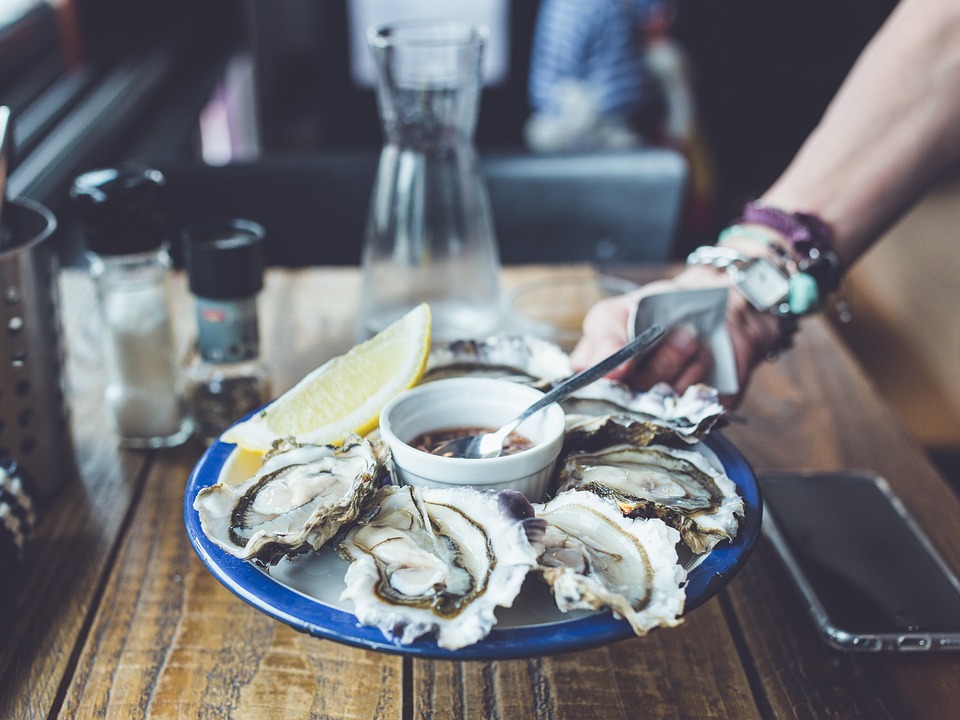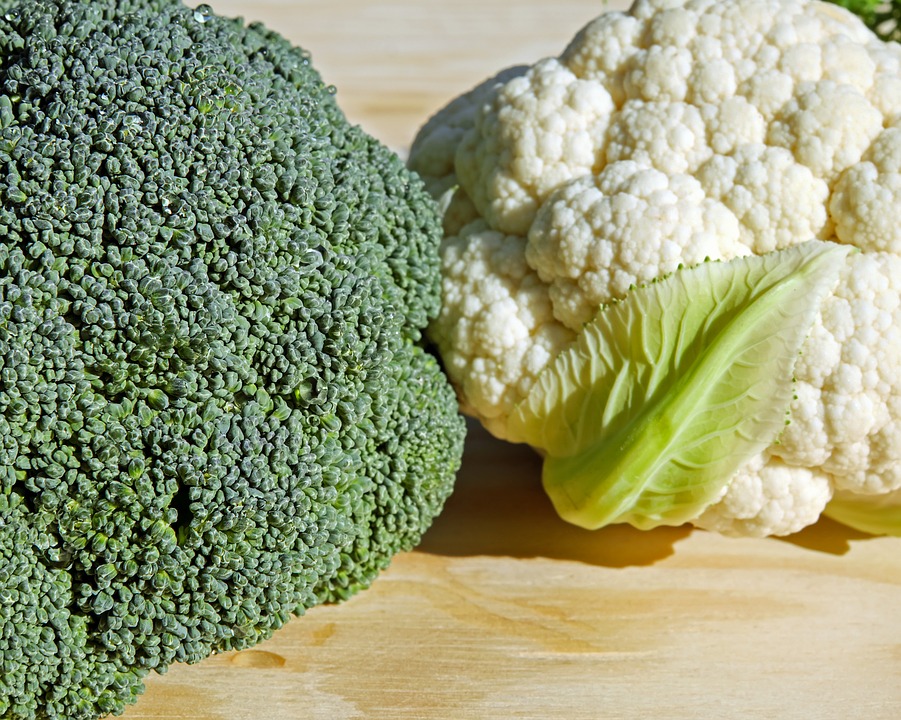
Testosterone is a male hormone produced in the testes and in the adrenal glands. A comfortable testosterone level is associated with sexual performance, reproductive function, muscle mass maintenance, hair growth, aggression, and competitive behavior; testosterone also stimulates the production of blood cells including red blood cells, and opposes the loss of bone calcium (osteoporosis). The testosterone level increases until the age of 30 and then declines slowly afterwards. There are many foods that boost testosterone, so if you feel that it needs to be stimulated, read this article and you’ll know what to do.
Although it is often associated with men, testosterone hormone is important for the health of both men and women. As you get older the testosterone level naturally produced by your body tends to decline.
Other environmental factors, such as exposure to statin drugs and herbicide, may also trigger a decline in hormone production. Low testosterone levels in men are associated with prostate enlargement, androgenic alopecia (baldness) and some types of cancer.
Women possess lower levels of testosterone but their body is more sensitive to it. Their health depends on correct amount of estrogen, progesterone and testosterone present in their system.
The imbalance that results when women use hormone replacement therapy during menopause is one of the theories behind the higher rates of breast cancer experienced by these women.
Testosterone has an essential role in the production of estrogen and helping build bone and muscle mass.
You can use natural methods to increase your testosterone levels and improve your overall health without triggering an imbalance within the fragile hormonal system of your body.

Foods that Boost Testosterone
To produce testosterone, your body needs several different nutrients from testosterone boosting foods. Vitamin D3 and zinc are some of the nutrients that are most often lacking.
Zinc is a vital micro nutrient that is naturally available in some foods that boost testosterone. Deficiencies can lead to a variety of symptoms because zinc is involved in a number of important bodily processes.
Vitamin D can be made by your body when your skin is exposed to the sun. Nevertheless, many people have vitamin D deficiencies because of the number of hours spent indoors and the amount of sunscreen used.
Unprotected sun exposure for hours is not advisable, but your body requires regular exposure to the sun without protection to produce vitamin D and other benefits.
Stress is a natural destroyer of testosterone. When the body is feeling stress, it releases cortisol, a hormone secreted by the adrenal glands. Cortisol brings down the testosterone’s effects in the body. If improvement is needed in the effects of testosterone one needs to lower stress and cortisol levels.
Seven Foods that Boost Testosterone
Although there are several ways to increase your testosterone levels, the production of the hormone depends on the presence of specific nutrients. Start by incorporating these foods that boost testosterone into your diet.
Pomegranate
This lovely looking red fruit has been used for many centuries as medicine and testosterone booster. High in antioxidants, vitamins A, C, E and iron, researchers found that a glass of pomegranate juice a day increased testosterone levels by 16 to 30 percent, improved mood, and increased libido.

Blood pressure has also decreased and positive emotions have increased among those who consume pomegranate juice. Although a lot of research has been done on pomegranate juice, it is strongly recommend that you consume the whole fruit instead.
Not only this one will give you greater fiber intake (found in edible seeds), but it will also ensure you do not ingest too much fructose, which is found in significant quantities in all types of fruit juice. That said, even the whole fruit has a high sugar content and should be consumed only in moderation.
Olive oil
Extra virgin olive oil has a huge potential in your quest for increased testosterone. In one study, participants who consumed olive oil experienced daily increases in testosterone levels of between 17 and 19 percent over a three-week period.

Oysters
Long hailed as a libido enhancing food that is one of the best testosterone booster these small shellfish have a high zinc content. You can naturally feel an increase in your testosterone, your libido and your sperm count as a result.
Other high-zinc foods include sardines, anchovies, cashews and wild salmon. Raw pumpkin seeds are another interesting source but should be limited to one tablespoon a day.

Coconut
Healthy saturated fatty acids are used by your body to produce most hormones, including testosterone.
Coconut will support your body’s ability to produce good cholesterol which is necessary for optimal health and reduce your body fat and maintain your weight. Regulating your weight is another natural way to improve your testosterone production.

Cruciferous Vegetables
Broccoli and cauliflower can help the human body excrete excess estrogen and increase the amount of testosterone available to the cells. Indole-3-carbinol which is present in cruciferous vegetables, can increase the amount of oestradiol which is an estrogen hormone in men by significant percent, thereby raising the amount of testosterone available.

Whey Protein Foods that Boost Testosterone
Whether it comes from quality whey powder or ricotta cheese, this protein can help limit your body’s production of cortisol and therefore increase the effect of the testosterone you already produce. Whey proteins can also boost testosterone production.
In a study in Finland, scientists gave participants 15 grams of whey isolate both before and after muscle resistance exercises. The authors theorized that greater amount of testosterone in skeletal muscles could allow greater absorption from the blood. Although they are important in the production of testosterone, an excess of protein can have the opposite effect.

A meat-free diet can lower your testosterone production by up to 14 percent, but that does not mean you should eat excessive amounts of animal protein either. Excessive protein consumption can contribute to the development of chronic diseases such as cancer and even accelerated aging.
Consider limiting your protein level to 1-1.5 grams of protein per pound of lean body mass.
Garlic is a real testosterone booster
Although this aromatic plant does not have the necessary nutrients to produce testosterone, it contains allicin, a substance that lowers the level of cortisol in your body. With cortisol level reduced, the body can more effectively utilize the testosterone that has been produced.
How Men and Women Benefit from Testosterone
Both men and women benefit from sufficient testosterone production. Although known as the “male hormone,” women use testosterone to maintain lean muscle, a sense of well-being, libido and sexual pleasure.
Testosterone is produced by Leydig cells which are present in the testes in men and in the ovaries in women. Testosterone killing foods include mint, soy products and flax seeds. Consume these in as little quantity as possible if you are looking to increase testosterone production.
Symptoms of low testosterone levels in men and women include:
- A lack of energy
- Tiredness
- Higher blood pressure
- A decrease in strength
- Decreased muscle use capacity
- Low sexual desire
- A decrease in sexual sensitivity
- Less intense orgasms
- Decreased lean body mass and increased fat stores
- An increase in cardiovascular risk
Five Other Ways to Naturally Increase Testosterone
Start with your nutritional intake to ensure that your body has all the components to produce testosterone. But, do not stop there! You can augment production of your testosterone levels in the following ways –
Weight loss
Losing excess weight can naturally increase your testosterone levels. In a study published in Endocrine, the researchers found that weight loss decreased the frequency of low testosterone levels in middle-aged, overweight men in a prediabetic state significantly. Fast Weight Loss Diet Plan Lose 5kg in 5 days
Exercise
Some studies have shown that testosterone levels are elevated up to 15 minutes after exercise and other studies have shown that this increase lasted up to an hour. Of course results will vary depending upon your age, weight and fitness level and the time of day when you exercise.
Maximize Your Zinc and Vitamin D Rates
These are the precursor nutrients needed to produce testosterone. You may discover that you are deficient in nutrients, as are many people. Zinc deficiency is a persistent problem and vitamin D deficiency is found in people of all age groups.
On an estimated basis in healthy populations receiving large exposure to the sun, the optimal range of vitamin D is between 10 and 20 micrograms daily.
Reduce Your Stress
When your body is stressed, your adrenal glands secrete cortisol. In a fight or flight situation, this can save your life. However, in a chronic condition, cortisol can decrease the effectiveness of testosterone that your body produces.
Look for stress reduction techniques that work at home. Yoga, meditation, sports, enough sleep, and relaxation techniques can all help you reduce your stress levels.
Reduce the consumption of sugars and carbohydrates
Eating temporarily reduces the amount of testosterone, but sugar and carbohydrates cause the greatest damage by causing sudden surges in blood glucose levels and increasing insulin levels. Previous research has shown that high insulin levels reduce blood levels of testosterone.
When men consumed a glucose (sugar) solution as part of a glucose tolerance test, the amount of testosterone circulating in their blood was reduced by up to 25 percent. Even two hours later, the testosterone level remained much lower than before the test.
Alcohol abuse
Alcohol consumption can lower testosterone levels because of the conversion of this hormone to estrogen.

